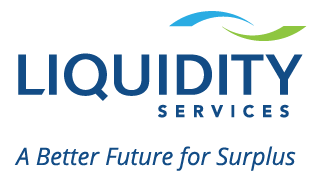As part of our focus on sustainability this month, we are sharing a case study that highlights the development of zero-waste efforts for our clients. A large retailer was sending store inventory annually to landfills due to restrictive return-to-vendor (RTV) policies and desired to build sustainability into its reverse supply chain process. Existing RTV policies and long-standing paradigms can have unintended consequences pertaining to asset disposition.

Solution
Liquidity Services proposed a multi-channel sales approach to resell the inventory in question via a range of secondary markets. This customized solution included direct-to-consumers, business-to-business (B2B), business to consumer (B2C), and export methods of disposition. Because the available product inventory fit well with the overall product mix offered by Liquidity Services, cross-selling occurred more easily to the existing customer base and helped the retailer exceed the velocity and recovery levels required.
Results
With a Liquidity Services solution, the new strategic approach enabled the retailer to achieve its sustainability mission by re-engineering longstanding practices while achieving margin improvements for all parties involved. This included the renegotiation of vendor agreements, which improved margins for both vendors and the retailer. As a result, hundreds of trucks of private label inventory each month were deterred from landfills, increasing brand protection, meeting stringent RTV policies, saving on landfill waste disposal fees, and increasing recovery.
Liquidity Services works with its clients to further green initiatives, fostering long-term relationships that create value. Through our reverse supply chain solutions, we support zero-waste goals and enhance sustainability efforts across the enterprise. To find out more about sustainable reverse supply chain solutions, please contact us.



Comments are closed.